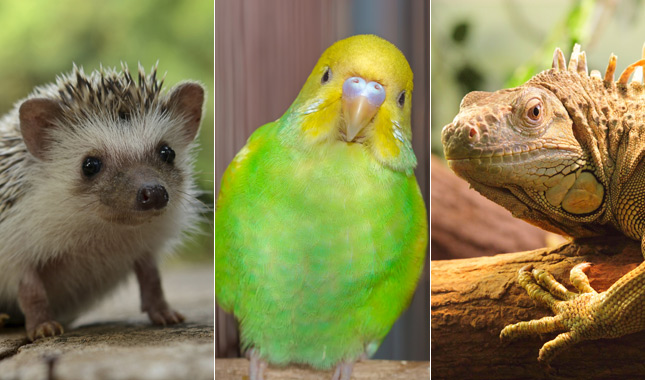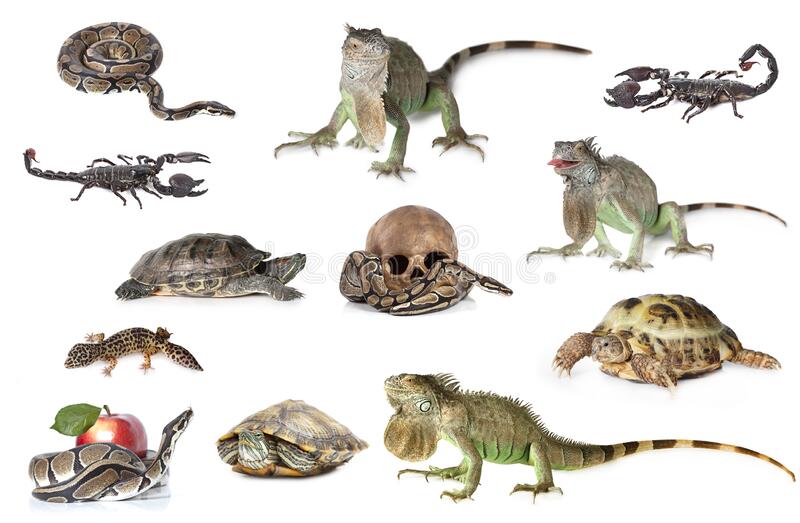
The Consumer Association of Penang (CAP) expresses grave concern over the increasing number of exotic pets brought into the country due to their popularity with Malaysians, particularly children.
CAP reacts with horror at the thought of parents acquiring exotics for their children just to pacify
their demands. Exotic animals are often obtained by people with insufficient knowledge, resources, or commitment to look after them properly.
Exotic animals live in very different conditions to those which they face in a cage or a tank,
thousands of miles away from their natural habitats. People are ignorant of the fact that these pets need special food and living conditions that are difficult to provide.
Children often mishandle exotic pets by handling them roughly, causing distress to these animals.
Additionally, exotic pet owners attempt to change the nature of the animal by confining it in small, barren enclosures, chaining, beating “into submission,” or submitting them to painful mutilations such as declawing and tooth removal.
Obtaining exotic animals is easy and rarely results in a penalty since the majority of states do not
keep accurate records of exotic animals entering their state and it is impossible to know exactly how many exotic animals are privately held as pets, but the number is estimated to be quite high.
Once an animal is listed as endangered, it becomes more sought after by people desiring exotic pets. Chinchillas, sugar gliders, iguanas, tortoises and turtles, various primates, birds, and snakes are among the most sought-after exotic pets. A quick internet search for buying an Indian star tortoise brings up a number of websites selling the protected species.
The demand for exotic animals,particularly reptiles, has made Peninsular Malaysia one of the top markets for smuggled exotic animals.
Public demand encourages smugglers to poach for rare species. This involves large networks and syndicates which employ groups of people from hunters and collectors in rural areas to middlemen and high-level traders in urban centres. Underground routes and a variety of methods are used to deceive enforcement authorities who are not experts in identifying violations of the Convention on International Trade in Endangered Species of Wild Fauna and Flora (Cites).
Not all retailers are scrupulous in ensuring the exotic animals they buy are imported legally. The
exotic animals in this process suffer at every step of the journey from capturing, handling,
transporting, holding, breeding, and selling, to a lifetime of captivity in homes in substandard
conditions, without proper food and care, and who may later die or be abandoned.
Abandoned or escaped exotic animals may spread in the wild and become an invasive species
competing with native species for food, or infecting native species with the disease, which are two of the problems associated with exotic pets. An already rare animal may become extinct with capture and captivity. And finally, exotic pet owners have insufficient knowledge, resources, and commitment to the care of these exotic animals.
The trade-in of exotic animals is out of control because of the increasing number of animals being traded and because the trade remains largely unregulated. Tougher legislation is needed against the illegal pet trade and law enforcement authorities would need to be apprised of the legislation to aid in the monitoring of all pet shops in the country.
Bearing in mind all of the above, CAP would strongly urge against keeping exotic species as pets or ornamental. Whether traded legally or illegally, keeping wild animals as pets is cruel. A life in captivity is a life of suffering for exotic wild animals.
Press release by En Mohideen Abdul Kader, President, Consumers Association of Penang (CAP)


